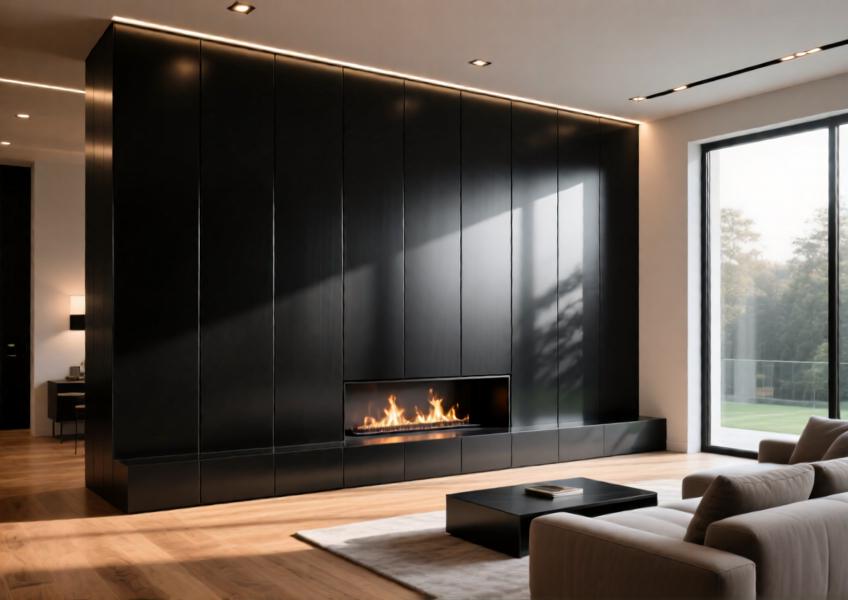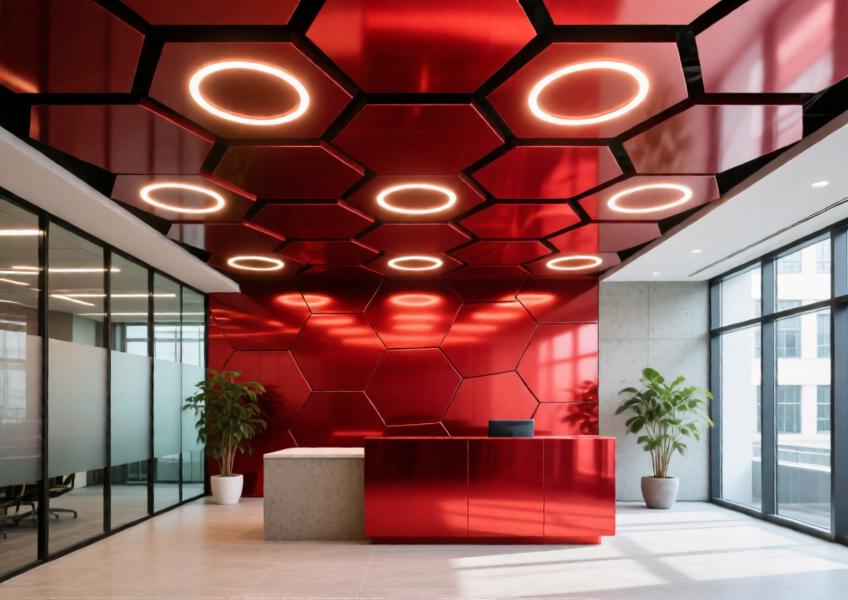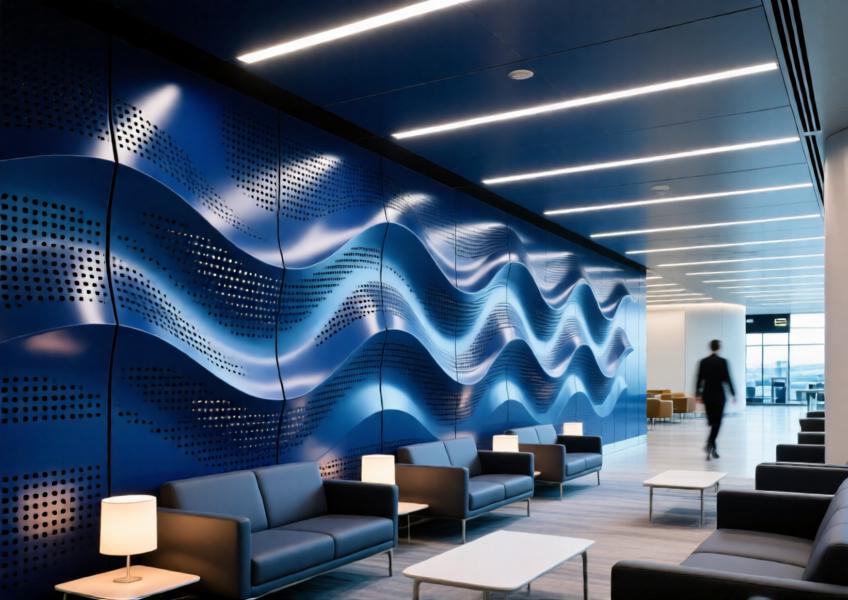

In the evolving world of interior design, materials that combine aesthetic appeal with functional performance are highly sought after. Aluminum interior panels have emerged as a preferred choice for architects and designers aiming to create modern, stylish, and durable spaces. These panels offer a unique blend of lightweight properties, strength, and versatility, making them ideal for a variety of applications—from commercial buildings to luxury residences.

Aluminum curtain walls are a testament to the material’s adaptability and elegance. They provide a sleek, seamless façade that enhances the visual appeal of buildings while offering excellent weather resistance and thermal insulation. When extended to interior applications, aluminum maintains this high performance. Aluminum ceilings, for instance, are increasingly being used in airports, shopping malls, and office spaces due to their clean lines and ability to integrate lighting, ventilation, and acoustic elements seamlessly.

One of the most compelling advantages of aluminum interior panels is their design flexibility. Available in a wide range of finishes, colors, and textures, they can be tailored to match any interior vision—whether it's a minimalist corporate office or a vibrant retail environment. Perforated aluminum panels, for example, are often used to create dynamic wall features that play with light and shadow, adding depth and movement to interior spaces.

Sustainability is another key factor driving the popularity of aluminum in interior architecture. Aluminum is 100% recyclable and retains its properties indefinitely, making it an environmentally responsible choice. Many modern projects now emphasize the use of recycled aluminum interior panels to reduce their carbon footprint without compromising on style or durability.
In high-traffic environments like metro stations and hotels, aluminum decorative materials prove their worth through low maintenance and long-term resilience. They resist corrosion, fading, and wear, ensuring that interiors remain pristine for years. Moreover, aluminum panels can be easily cleaned and are resistant to mold and mildew, making them particularly suitable for humid climates or areas with stringent hygiene requirements.
From curved surfaces to intricate geometric patterns, aluminum interior panels allow for creative expression without sacrificing structural integrity. Their lightweight nature reduces the load on buildings, while their fire-resistant properties add an extra layer of safety. As contemporary architecture continues to push boundaries, aluminum remains a reliable and inspiring material choice that supports innovation and elegance in equal measure.